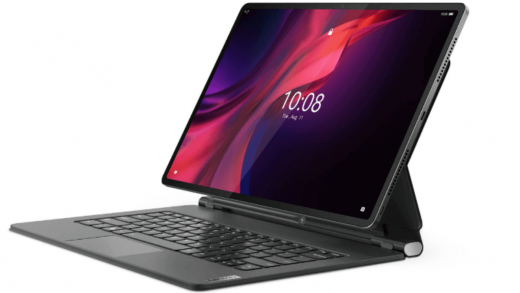
Samsung Galaxy S23 Ultra could come with an unannounced ISOCELL HP2 camera sensor that will have 0.60μm pixel size, as per a tipster. It is tipped to offer hexa pixel binning for 208-megapixel images and record 8K 60fps videos. The sensor is said to belong to the 200-megapixel family that already has the 200-megapixel ISOCELL HP1 sensor announced in September last year, and an improved 200-megapixel sensor, known as ISOCELL HP3 that was unveiled by the South Korean company in June.
Reiterating his previous claim that the Samsung Galaxy S23 Ultra will come with a 200-megapixel camera sensor, tipster Ice Universe has suggested that Samsung may be looking to include a yet unannounced 200-megapixel ISOCELL HP2 camera sensor in the flagship smartphone. He further says that this sensor will have 0.60μm pixel size.
It is to be noted that the South Korean company had announced its 200-megapixel ISOCELL HP1 sensor with 0.64μm pixel size in September. It also unveiled the 200-megapixel ISOCELL HP3 image sensor with industry’s smallest 0.56μm pixel size in June.
As per the information provided by another tipster, the ISOCELL HP2 sensor will come with RGBW pixels and will offer hexa pixel binning (34.6-megapixel) to deliver an effective 208-megapixel images. The tipster also claims that the minimum resolution required for capturing 8K video is 33.5-megapixel and since the ISOCELL HP2 sensor has 34.6-megapixel resolution, it will be able to record 8K 60fps or 8K HDR. So, Galaxy S23 Ultra may have a video output of 8K 60fps.
There are also reports of a trademark application for Hexa2pixel submitted by Samsung that reportedly suggests that the South Korean company is already working on a 450-megapixel camera sensor. The trademark application by Samsung was spotted on KIPRIS in South Korea and TMView in Europe.
For the latest tech news and reviews, follow Gadgets 360 on Twitter, Facebook, and Google News. For the latest videos on gadgets and tech, subscribe to our YouTube channel.



